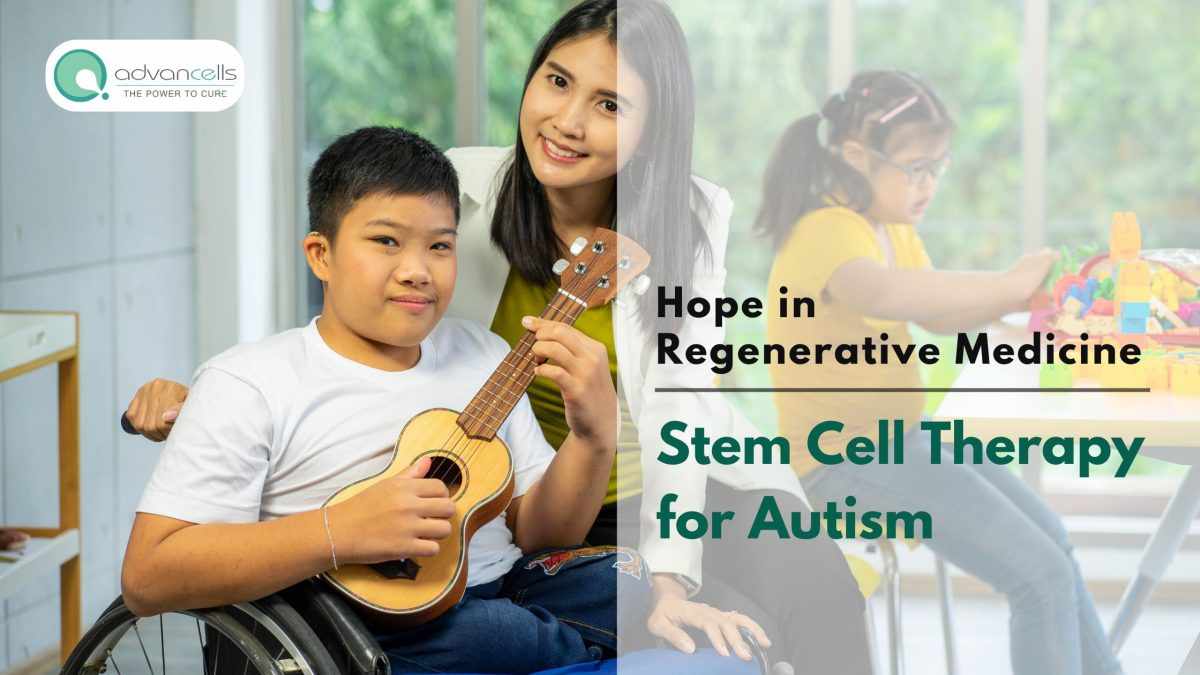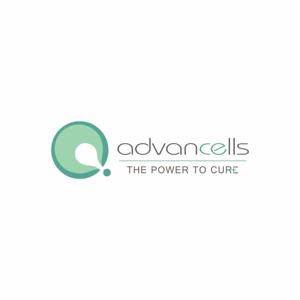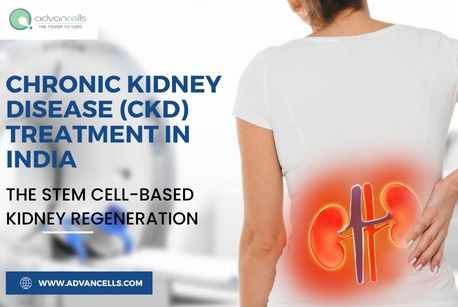
The incidence of autism has been on the rise for the last few years. It affects the children from a very small age, developing dependence on others for even routine activities. The patient often suffers from poor mental health and other comorbidities. This article highlights the most effective autism treatment options for autistic patients to update them about recent developments.
Autism
Autism, or autism spectrum disorder, is caused by the abnormal development of the brain. It causes social and communication deficits, making life challenging. The conclusive diagnosis is established as early as the age of 2 years, substantially declining the quality of life from the early years. Several factors, including hormonal, genetic, immune system-related, and environmental factors (infections, obesity, heavy metal exposure during pregnancy), cause autism. The following are some of the symptoms of autism.
Social or Communication Deficits:
Avoid initiating conversations or engaging in them.
Avoid eye contact.
Tendency to isolate themselves.
Difficulty in expressing emotions and interests.
Fails to understand facial expressions or body language.
Behavioral deficits
Difficulty in adapting to changes.
Show repetitive actions such as flapping or rocking.
Hypersensitivity to certain sounds, smells, or light.
Cannot maintain friendships.
Limited interests.
DSM-5 and ICD-11 have categorized the severity of autism into three levels depending on patients’ communication skills and repetition of actions. These levels also outline the amount of support that a patient requires from the parent or caregivers. Toddlers up to the age of 2 might show some symptoms, such as delayed speech development, lack of cooing or babbling, and difficulty communicating by pointing at things. Sometimes diagnoses are made in adulthood, and these people often face difficulty in engaging in conversations and maintaining relationships.
The Treatment for Autism
The treatment has two approaches: drugs and rehabilitation therapy. Drugs or medication address the mental issues associated with autism, such as mood disorders, self-harm, aggression, depression, and anxiety. Rehabilitation therapy builds a variety of skills in patients to improve their quality of life and develop functional independence.
Behavioral therapy: It reinforces desired behaviors by applying behavior analysis while reducing unwanted actions.
Occupational therapy: It develops the ability to do everyday tasks like eating, dressing, grooming, etc.
Speech therapy: It focuses on the non-verbal and verbal communication skills, enabling patients to interact with others.
Physical therapy: It focuses on improving balance and coordination, along with posture and strength.
The treatment for autism should commence as soon as possible. All the above-mentioned treatments aim to reduce the reliance of patients on support from others and develop functional independence.
Treatment of Autism in Regenerative Medicine
The therapy mentioned above improves the life skills of patients but does not address the pathology of the disorder. Till now, the treatment for autism has been nonexistent, thereby reorienting the focus on regenerative medicine. Traditional treatment approaches only mitigate symptoms, but regenerative treatments repair the damage, restoring the function. An essential component of regenerative therapy are stem cells. Umbilical cord mesenchymal stem cells (MSCs) have exhibited diverse properties that can prove effective in autism treatment.
Neuroprotection: MSCs secrete growth factors like BDNF that protect nerve cells from damage.
Immune regulation: Aberrant immune response is one of the underlying factors of autism. MSCs are known for modulating the immune system and redirecting it towards repair and recovery.
Regeneration: MSCs can transform into nerve cells, repopulating the nervous system.
Paracrine Effects: Recent studies have shown that MSCs exert paracrine effects, that is, they induce the surrounding cells to proliferate and heal the tissue.
Anti-inflammation: MSCs also reduce inflammation that affects nerve cells negatively.
Clinical Relevance
The potential of MSCs has encouraged the investigation of MSC treatment in patients. The early-phase clinical trials have shown the following results:
A study in 2021 demonstrated that MSC treatment significantly improved social interaction and motor skills in autistic patients.
Sun et al. exhibited a reduction in autism severity levels by 5 points and substantial improvement in communication skills after umbilical cord MSC infusion.
The clinical studies hint at MSC treatment as one of the best therapies for autism. None of these studies have yet detected any complications arising from stem cell treatment. MSC-released exosomes have also offered an additional therapeutic alternative. With the exception of development into nerve cells, these exosomes provide all the benefits of MSCs in a cell-free form. Exosomes enhance tissue function by facilitating cell-to-cell contact, offering a practical remedy.
Conclusion
Autism is a complex disorder showing varied symptoms in each individual. The treatment options for the disorder are limited to rehabilitation interventions with no effect on the underlying pathways. An absolute cure does not exist, but stem cells have been by far the most effective autism treatment. Its action on multiple pathways and induction of innate healing mechanisms has potential for treatment. Clinical studies have also shown positive outcomes from the treatment. With the advancement in this MSC therapy and the use of its products, the most effective treatment for autism will soon be at our doorstep. Advancells is keeping this hope up by delivering high-quality stem cells in India.


Write a comment ...